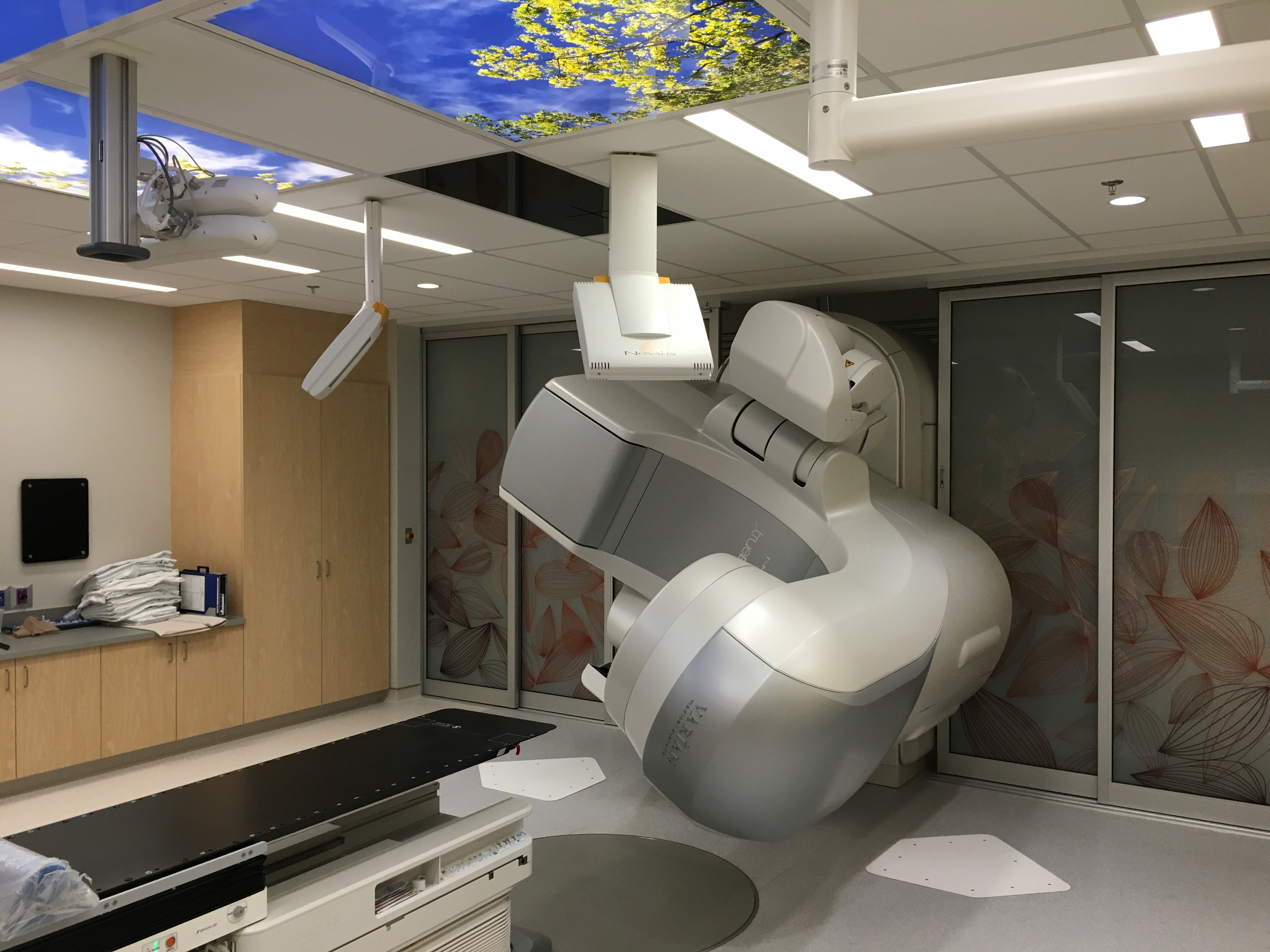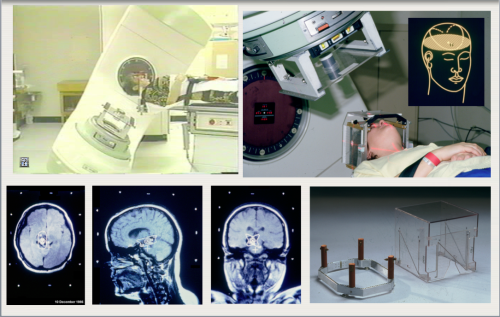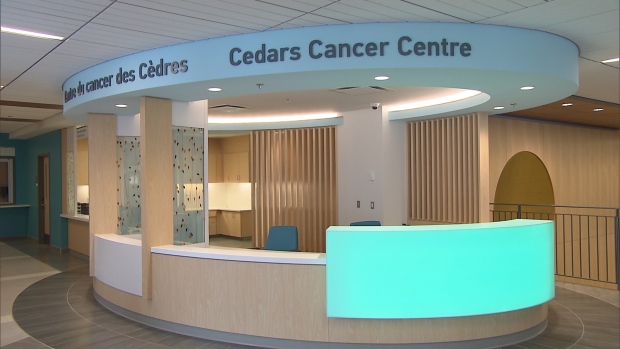The clinical medical physics programs associated with the MPU are implemented by the Department of Medical Physics at the Cedars Cancer Centre of the McGill University Health Center (MUHC) and the Medical Physics division of the Department of Radiation Oncology at the Jewish General Hospital (JGH).


The Department of Radiation Oncology at the Cedars Cancer Center is home to several state-of-the-art radiotherapy delivery systems allowing us to provide the best in radiotherapy treatment to our patients. We treat over 3,000 patients per year for a total of 45,000 treatment sessions on 7 linear accelerators including 4 Varian TrueBeams, 2 Varian TrueBeam STXs and 1 Accuray Cyberknife, and 1 Nucletron high dose rate (HDR) brachytherapy unit. With regard to imaging equipment, our department houses 3 CT simulators and a dedicated 3T MRI allowing us to take advantage of opportunities to better identify diseases and measure tumor response. Our clinical Medical Physics group consists of 14 physicists, 8 medical dosimetrists, 2 electronic engineers, an IT specialist, and an administrative officer. In addition, two full-time academic MPU faculty are on site as well as numerous medical physics residents, graduate students, and post-docs.

The Departments of Medical Physics and Radiation Oncology at the MUHC have a strong reputation for applying innovative strategies to the treatment of cancer. An example is intracranial stereotactic radiosurgery where McGill gained worldwide recognition in the 1980s as one of the first centers in North America to offer radiosurgery using a standard linear accelerator. Since that time, we have been early adopters of new techniques in a time of rapid technological change in radiation therapy. Our state-of-the-art linear accelerators, enabled by onboard CT and X-Ray imaging systems, allow for precise and efficient radiation delivery and almost real-time tracking of patient motion during radiation delivery. With these technological advances have come increased opportunities to improve patient care. The newest addition to the department is a miniature X-ray device designed for intra-operative radiation therapy, which will enable us to precisely target tumors through the delivery of radiation in the operating room at the time of surgery. The technique has shown exciting results in preliminary clinical trials for breast cancer, improving the efficacy and convenience of radiation treatment for selected patients. Finally, McGill University is consistently in the top three accrual sites for Radiation Therapy Oncology Group (RTOG) trials showing a steady commitment by our physicians to improving the standard of care.
